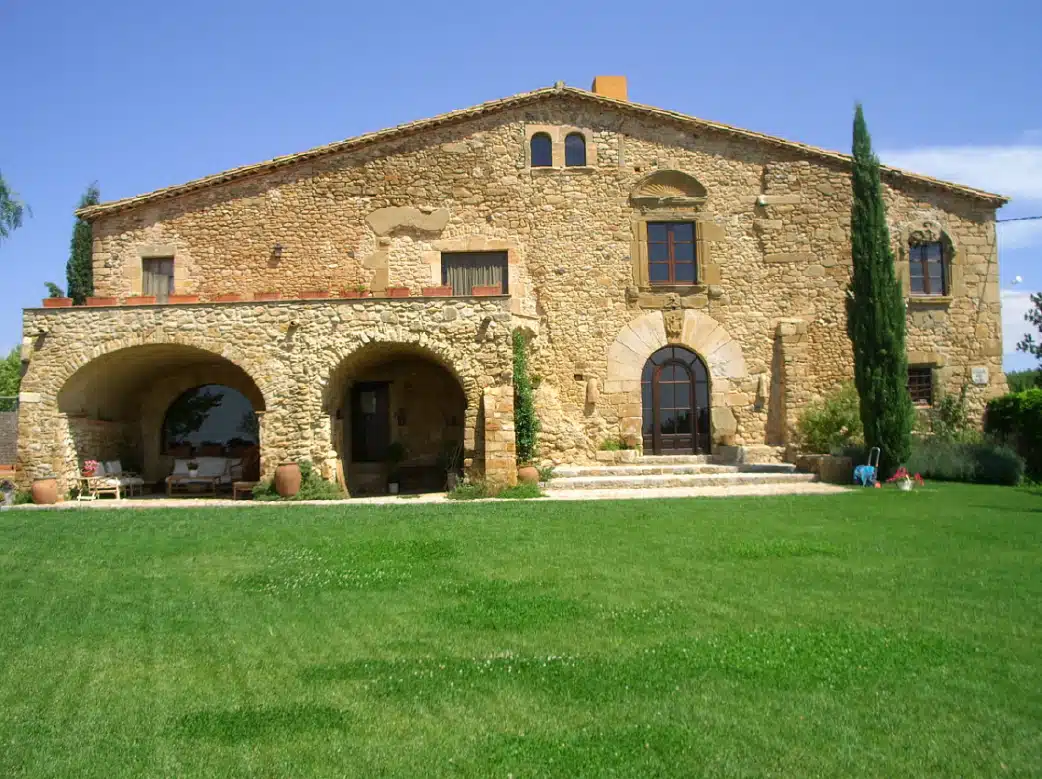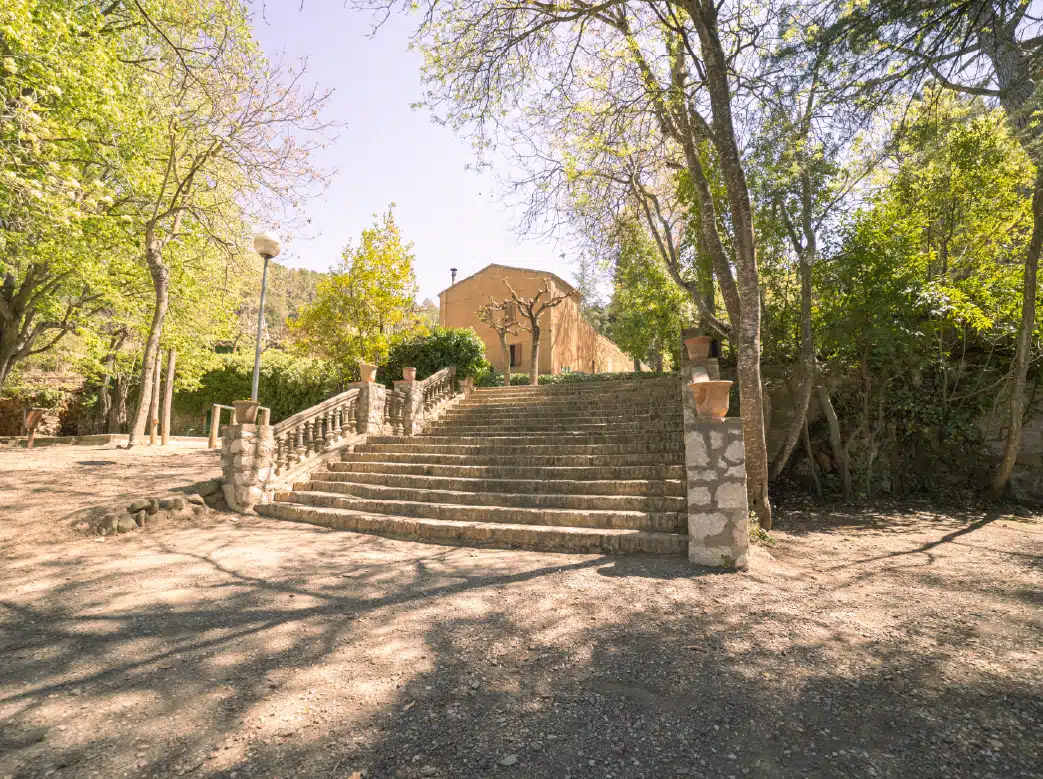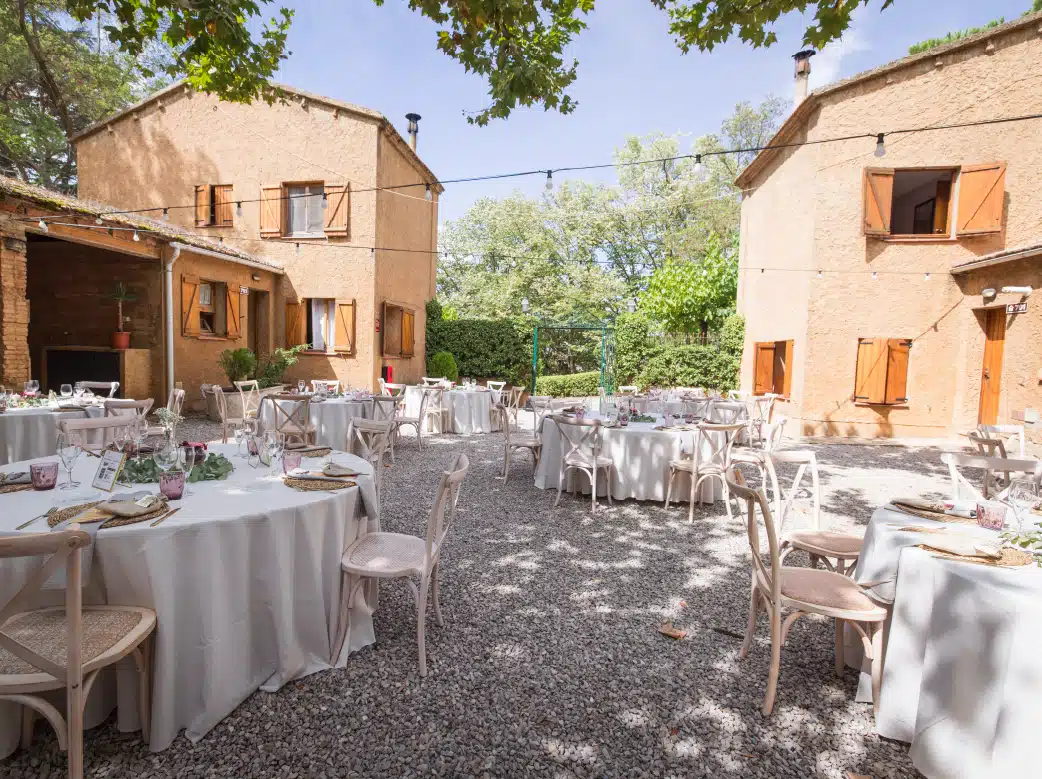The country house is more than just a building; it is a symbol of the rural and agricultural tradition of Spain, especially in the region of Catalonia. This article explores the essence of the masia, its historical and cultural importance, and its evolution over time.
A country house, in its most general term, is a large country house typical of Catalonia and other regions of eastern Spain. Traditionally, these structures were rural residences and centers of agricultural operations. However, the concept of what a country house is has transcended these original functions to embrace a broader and more varied meaning in the modern context.
The typical Catalan country house is distinguished by its sturdy construction with thick stone walls and sloping tiled roofs. These features not only define their distinctive aesthetics but also offered protection from the Mediterranean climate and kept the interior cool during hot summers. The country houses are often surrounded by vast agricultural land, orchards and, in some cases, forests managed by the owner’s family.

Country houses have their roots in the Middle Ages, emerging as homes for farmers and as centers for land management and agricultural production. For centuries, these houses were the heart of rural life in Catalonia and played a crucial role in the local economy.
Historically, the farmhouse was not just a house, but a microcosm of Catalan rural life. It was common for several generations of the same family to live together in the same masia, reinforcing family ties and preserving traditions. In addition, many farmhouses operated as small self-sufficient communities, with facilities for the production of wine, oil and other products essential for daily sustenance.
Today, many country houses have been renovated and transformed into rural hotels, restaurants or private residences. These new uses not only help preserve historic structures but also offer an opportunity for people to experience traditional rural life in Catalonia.
Rural tourism has grown in importance in recent decades, and the typical Catalan country house plays a key role in this movement. Many country houses focus on sustainability and offering authentic experiences to visitors, ranging from accommodations to participatory farming activities.

Country houses are not only residences or tourist establishments; many have been declared cultural heritage sites due to their historical and architectural value. The protection of these properties helps to keep alive the traditional building techniques and lifestyles associated with them.
Some country houses are used as centers for education and the celebration of cultural events, where traditional crafts such as pottery and weaving, as well as ancient agricultural techniques, are taught. These places serve as meeting points for the community and as centers for the transmission of intergenerational knowledge and skills.
In short, understanding what a farmhouse is means appreciating its rich history and its adaptability to modern times. Country houses are not only relics of the past, but continue to be fundamental to the cultural identity of Catalonia and a testament to the harmony between ancient traditions and contemporary innovations.
This focus on preservation and adaptability not only keeps the history of the Catalan masia alive, but also ensures that it will remain a vital and relevant part of Spanish culture well into the future.
At Villa Engracia, we invite you to live the unique experience of staying in an authentic Catalan country houses. Our rural accommodations combine historical charm with all the modern comforts, offering you a perfect retreat surrounded by the serene beauty of Catalan nature. Come and discover the rich culture and breathtaking landscapes of the region in a peaceful and cozy atmosphere.
